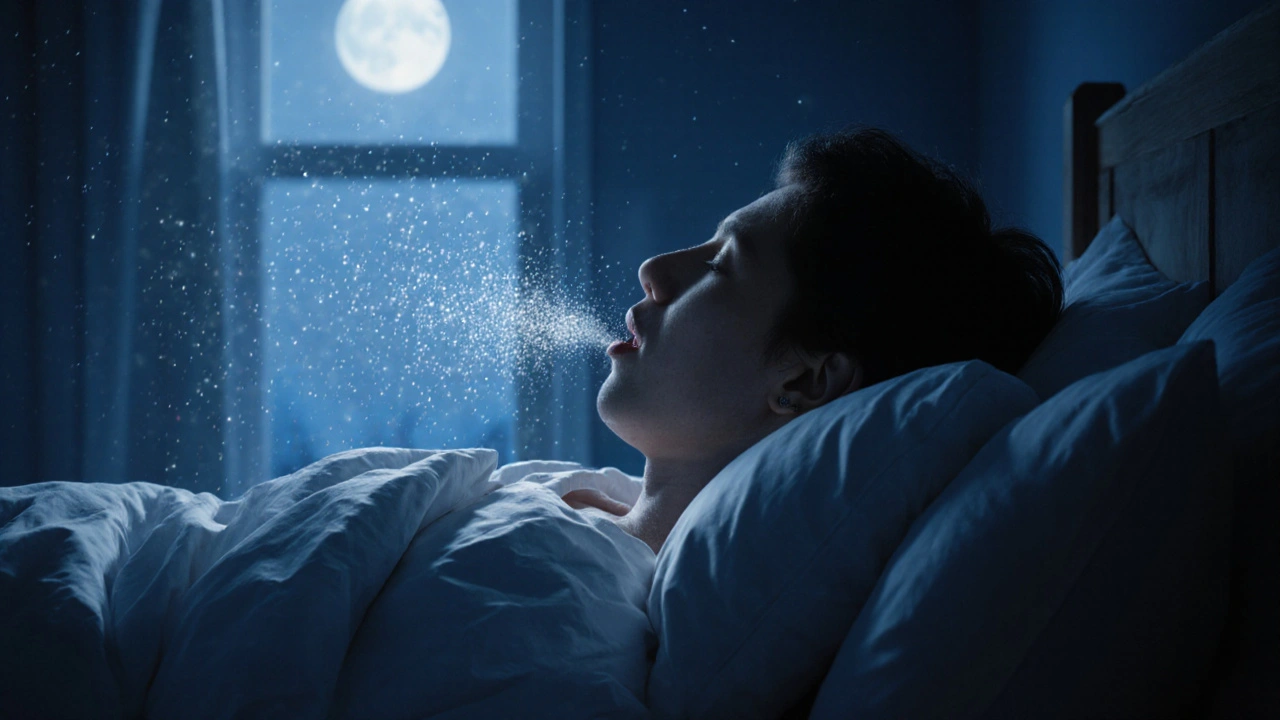Sleep Tips: Practical Ways to Improve Your Sleep Quality and Duration
Good sleep, the natural, restorative state your body needs to repair itself, recharge your brain, and regulate hormones. Also known as restorative rest, it’s not just about how long you’re in bed—it’s about how well you actually sleep. If you’ve ever tossed and turned for hours, woke up exhausted, or relied on caffeine just to get through the day, you’re not alone. Millions of people struggle with sleep, and most of them aren’t missing a miracle cure—they’re missing simple, consistent habits.
sleep hygiene, a set of daily practices that help you fall asleep faster and stay asleep longer is the foundation. It’s not about buying expensive mattresses or white noise machines—it’s about turning off screens an hour before bed, keeping your room cool and dark, and avoiding caffeine after 2 p.m. Even small things like not drinking alcohol close to bedtime matter. Alcohol might make you drowsy, but it breaks up deep sleep later in the night. And if you’re lying awake for more than 20 minutes, get up. Do something quiet and dimly lit until you feel sleepy again. Forcing it only trains your brain to associate your bed with frustration.
insomnia relief, the process of reducing or eliminating chronic trouble falling or staying asleep doesn’t always mean pills. Many people find real relief by sticking to a fixed wake-up time—even on weekends. Your body thrives on rhythm. Going to bed at 1 a.m. on Friday and 10 p.m. on Saturday throws off your internal clock. Also, avoid napping after 3 p.m. If you need a power nap, keep it under 20 minutes. And if you’re stressed, try writing down your worries before bed. Just getting them out of your head can quiet your mind enough to drift off.
Some sleep problems are deeper. sleep disorders, medical conditions like sleep apnea, restless legs, or circadian rhythm disorders that disrupt normal sleep patterns often go undiagnosed. Snoring loudly, waking up gasping, or feeling tired even after 8 hours could point to something more serious. These aren’t just "bad sleep"—they’re health risks linked to heart disease, diabetes, and memory loss. If your sleep tips aren’t working after a few weeks, talk to a doctor. You might need a sleep study.
The posts below aren’t about overnight fixes. They’re about real, evidence-backed ways to fix your sleep—whether it’s through medication timing, avoiding harmful interactions with other drugs, or adjusting your routine to match your body’s natural rhythm. You’ll find advice on what to avoid before bed, how certain medications can wreck your sleep, and simple steps that actually work. No fluff. No hype. Just what helps real people sleep better tonight.
Discover how seasonal allergies disturb sleep and get practical tips-environmental fixes, meds, natural remedies-to finally enjoy a restful night.
Oct, 14 2025

